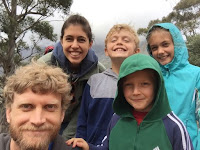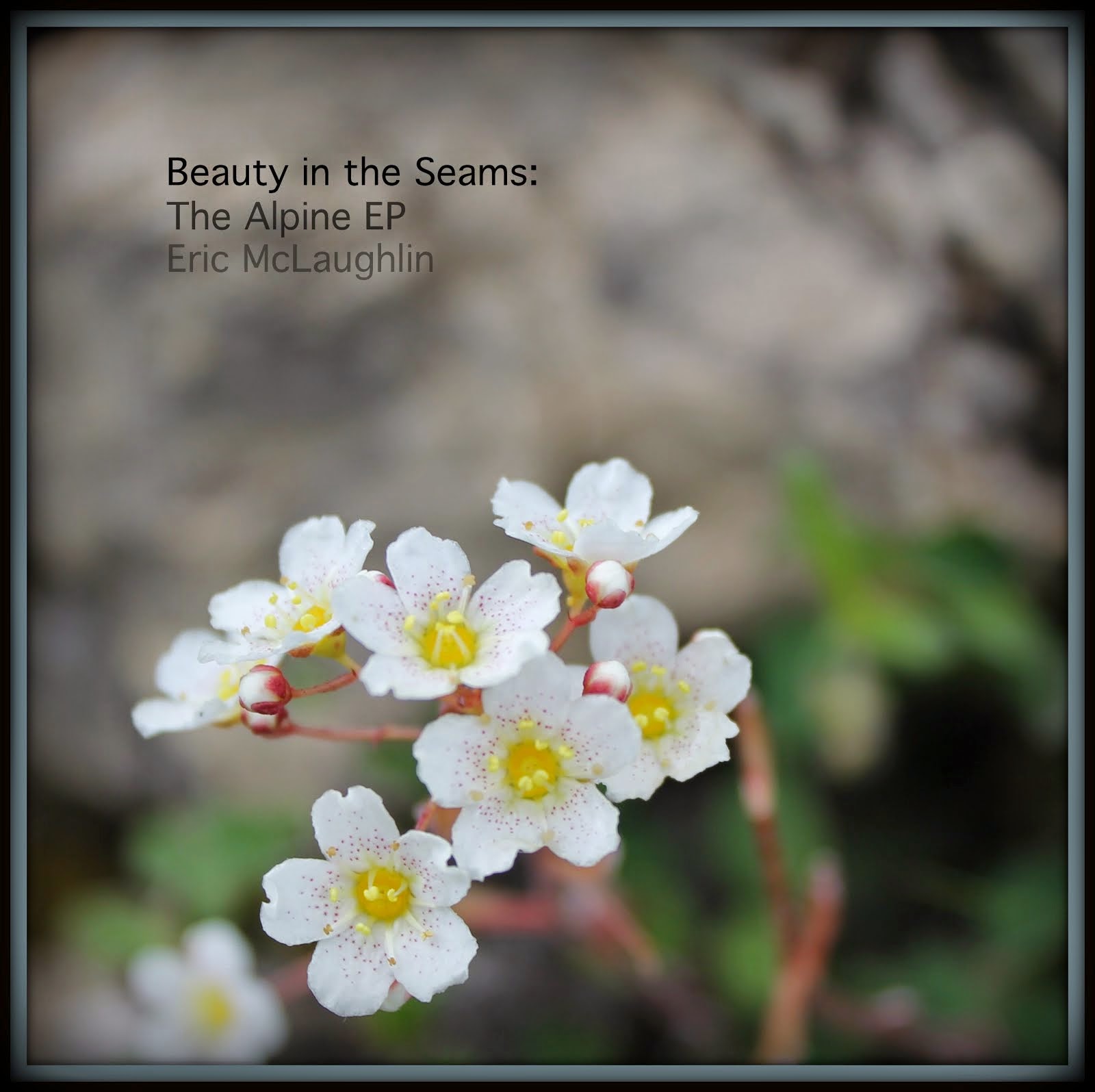The Ten Best Books I Read in 2023
This is now the fifth year that I have published this list of my Top Ten books from the past year. I have fun writing it, and I enjoy hearing from people who consider reading from it. I think one of my advantages to be that I don't just read stuff published this year, so often the list spans decades if not centuries. Scroll down for 2019-2022's lists. A list of honorable mentions is at the bottom. Here are the books in the order that I read them.
Reading While Black by Esau McCaulley
I would put myself with many white Christian readers as having undervalued the unique contributions of authors of color in general, but particularly of the African American church and its rich legacy. Esau McCaulley is brilliant, and he is devoted to the Bible. The chance to look at biblical themes through his eyes as a representation of the eyes of the African American church community is a gift to all who want to understand the Bible better.
Seeking Allah, Finding Jesus by Nabeel Qureshi
The title and sub-title are pretty self-explanatory. This combination of autobiography and apologetic for Christianity is a good analysis, but I think its power is even more in the late Qureshi's love for his Middle Eastern, and even particularly Islamic, heritage. Thus it helped me understand some things about Christianity and Islam, but it also gives us a model for how to engage across differences with love.
The Common Rule by Justin Whitmel Earley
This is the kind of book that I might read, but would generally be very unlikely to put in a top ten list. Justin Whitmel Earley was a missionary and is now a lawyer who wrestles with anxiety. Implementing "habits of purpose" have been instrumental for his own spiritual and emotional health. The book is structured a bit like a corporate seminar (which is why I would usually be averse to its style), but his personal candor gives the book an organic feel. Each of the 8 habits are sound. "Scripture Before Phone" has been the most enduring for me.
"There is no love of neighbor without attention to neighbor."
The Last Mapmaker by Christina Soontornvat
This Newbery runner-up (see below for thoughts on the winner) is a Thai-inspired adventurous fantasy on the high seas off the edges of the known maps. To that end, it has a bit of a Dawn Treader feel. Less magical, but still a lot of fun.
A Man Called Ove by Fredrik Backman
This one is more and more known, especially with the Tom Hanks Americanized film version. The novel is a brilliant and beautiful look into the life of an old curmudgeon. Everyone knows someone like that, and most everyone needs to understand them better, and this book is helpful to that end. After reading Beartown last year, I've decided that Backman has maybe the best masculine protagonists around. I say "masculine" instead of "male" because so many male literary protagonists are mirrors of the author: sensitive, well-read, maybe misunderstood by the masculine culture around them. Backman's men would probably never read a book much less write one, but he makes them come alive.
I didn't think I'd want to see the movie, but Rachel talked me into it. It's actually also great, but read the book first, because as my brother-in-law Brian says: "Books are better."
Looking for the Hidden Folk: How Iceland's Elves Can Save the Earth by Nancy Marie Brown
This one was compliments of a Russell Moore podcast, and I was intrigued because we were spending a few days in Iceland last summer. Apparently, the modern secular state of Iceland has a shocking number of people who sincerely believe in the reality of elves. Brown, instead of viewing this with disdain, stretching our thinking about how we understand what is real (including a great discussion about dark matter), and asks whether we need such stretching in order to live well. Brown seems to blame Christianity for science and how it sucks the wonder from the world, whereas others blame Christians for anti-scientific credulity. Regardless, I find myself bringing up thoughts from this book quite often.
The Martian Chronicles by Ray Bradbury
I read this science-fiction classic because Maggie said it was great, and she was right. I hadn't read Bradbury since junior high, and never this one. It's a loose collection of stories, but each of them stands on both its meaning and on Bradbury's beautiful language. Just like I said last year for The Last Cuentista, Sci-fi shines when its strange stories help us better understand how to be human.
The Holy Ghost by John Hendrix
Thanks to James Paternoster for a book that I would never have imagine existed. John Hendrix is a PCA elder and a design professor. This panel-comic collection features an overly confident badger, an angry doubtful squirrel, and the Holy Ghost as...a blue ghost. It nails (and possibly exceeds, given its title character) the capacity shown in Calvin and Hobbes to be both funny and profound in a comic. You can't help but wonder if you're going to find sacrilege, but in the end you find orthodoxy.
All My Knotted-Up Life: A Memoir by Beth Moore
I've never read any of Moore's bible studies (because I'm a guy?), but hearing about her public life in the last few years has been as unavoidable as it has been difficult and admirable. So I was eager to hear her story. What I didn't anticipate is just how great a writer she is. Her writing craft is funny, insightful and gracious. Beth Moore is a valuable voice for these days of American Christianity and I'm so glad she told her story courageously and well.
The Gospel in a Pluralist Society by Lesslie Newbigin
Newbigin is one of those giants of 20th century theology that I've heard quoted for years and never read. Thanks to Steve Telian for giving me this copy which finally pushed me to read him for myself. Newbigin criticizes the limits and inconsistency of pluralism as a guiding cultural philosophy and talks profoundly about how Christians should live within such a culture.
"It is often said that the Church ought to address itself to the real questions which people are asking. That is to misunderstand the mission of Jesus and the mission of the church. The world's questions are not the questions which lead to life. What really needs to be said is that where the Church is faithful to its Lord, there the powers of the kingdom are present and people begin to ask the question to which the gospel is the answer. And that, I suppose, is why the letters of St. Paul contain so many exhortations to faithfulness but no exhortations to be active in mission."
Honorable Mentions:
Crazy Rich Asians by Kevin Kwan
Freewater by Amina Luqman-Dawson
The Gospel Comes with a House Key by Rosaria Butterfield
Rembrandt is in the Wind by Russ Ramsey
The German Wife by Kelly Rimmer
The Midnight Library by Matt Haig
Uncommon Ground by Timothy Keller and John Inazu
The Ballad of Songbirds and Snakes by Suzanne Collins
The Labors of Hercules Beal by Gary Schmidt
Confronting Christianity by Rebecca McLaughlin
Finally, since Rachel and I have read and ranked all the Newbery Medal winners ever, here are some thoughts on the 2023 winner:


















